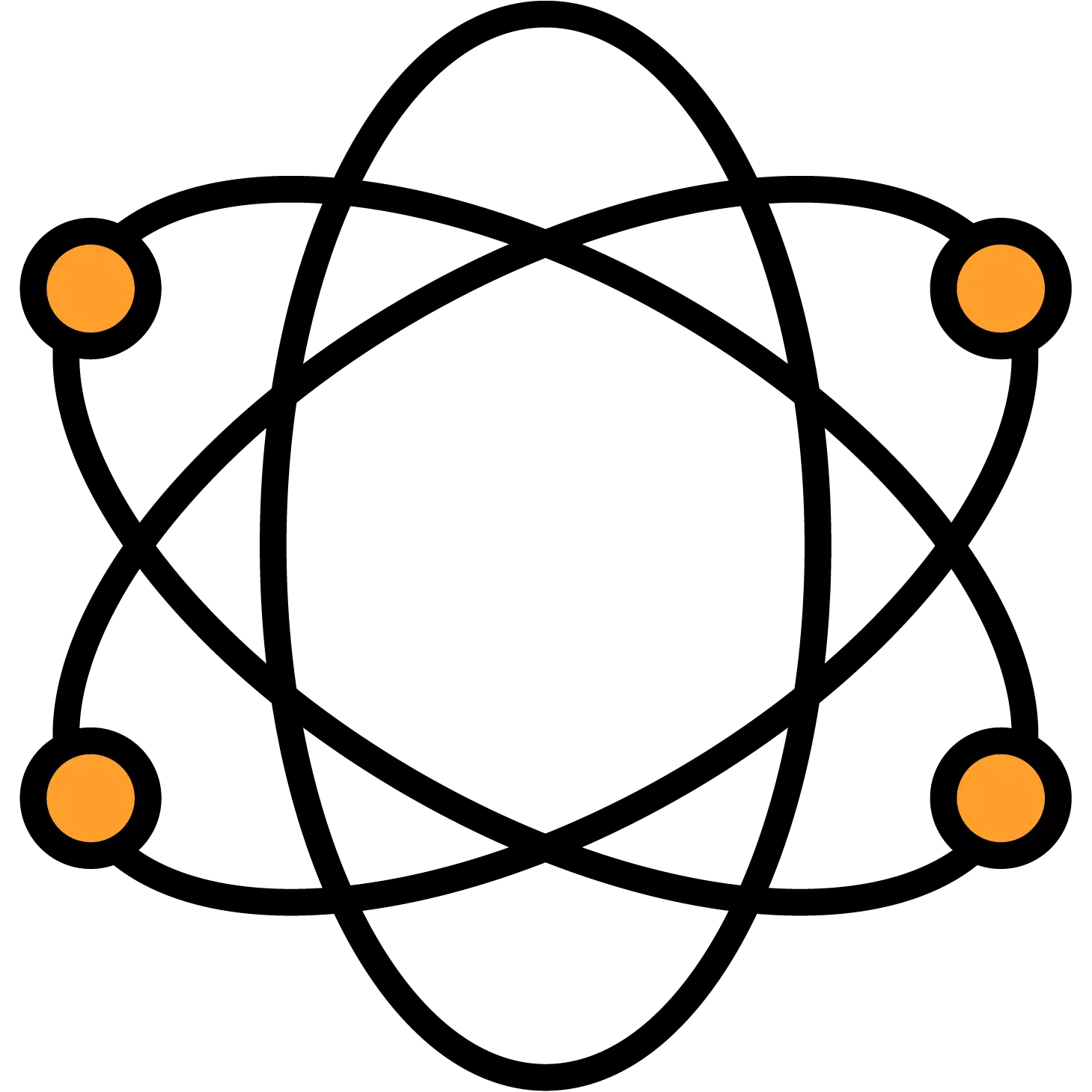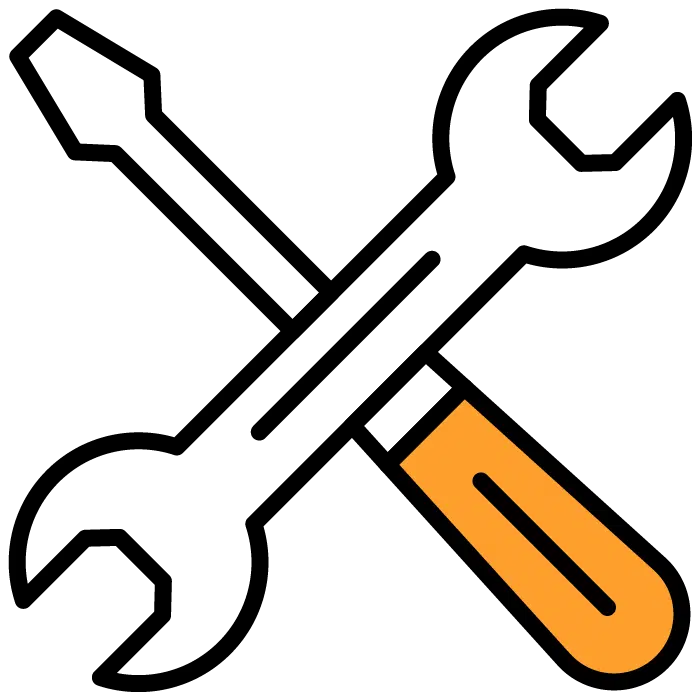Imagine walking into an office where every team member clearly knows what they need to achieve, receives regular feedback, and grows continuously in their role. That’s the magic of effective performance management.
In simple terms, it’s about setting goals, tracking progress, and making sure every individual contributes to the company’s success. But why is performance management so crucial in HR? Let’s dive in and explore!
Introduction
Performance management isn’t just an annual review—it’s an ongoing process that keeps an organization thriving. When you ask, “why is performance management important in HR?” the answer lies in its power to:
- Align individual goals with organizational objectives
- Boost employee engagement and productivity
- Provide clear, actionable feedback
- Identify areas for improvement and growth
By focusing on continuous improvement, HR performance management systems ensure that every team member not only meets but exceeds their potential.
Key Components of an Effective Performance Management System
An effective performance management system is built on several key pillars. Let’s break them down:
1. Goal Setting & Alignment
Setting clear, measurable goals is the foundation of any performance management process. When employees understand what’s expected of them, they can align their efforts with the company’s overall vision.
Key Points:
- SMART Goals: Goals should be Specific, Measurable, Achievable, Relevant, and Time-bound.
- Alignment: Ensure that individual objectives contribute directly to strategic business goals.
2. Continuous Feedback & Coaching
Feedback shouldn’t wait for an annual review. Regular, constructive feedback helps employees improve continuously and stay motivated.
Key Points:
- Regular Check-Ins: Schedule weekly or monthly meetings.
- Constructive Criticism: Balance positive reinforcement with areas for improvement.
- Coaching Sessions: Provide one-on-one guidance to help overcome challenges.
3. Performance Reviews & Analytics
Formal performance reviews and real-time analytics offer a comprehensive view of how well employees are doing. They help HR identify trends, address issues, and plan training initiatives.
Key Points:
- Formal Reviews: Conduct mid-year and annual evaluations.
- Self-Assessments: Encourage employees to reflect on their own progress.
- Data-Driven Insights: Use performance metrics to drive strategic decisions.
Table: Essential Elements of Performance Management
| Component | Description | Benefit |
| Goal Setting | Establishing SMART goals aligned with business objectives | Clear direction and focus |
| Continuous Feedback | Regular check-ins and constructive criticism | Ongoing improvement and motivation |
| Formal Reviews | Structured evaluations (mid-year, annual) | Comprehensive assessment of performance |
| Data Analytics | Real-time metrics and reports | Informed, data-driven decision-making |
Benefits of Effective Performance Management in HR
Now that we understand the components, let’s explore the benefits:
Enhanced Alignment and Focus
When every employee’s goals are aligned with the organization’s mission, everyone pulls in the same direction. This unified approach drives overall success.
Improved Employee Engagement
Regular feedback and recognition not only motivate employees but also create a positive work environment. Engaged employees are more productive and less likely to leave.
Data-Driven Decision Making
By leveraging analytics, HR can identify performance trends, recognize top talent, and address areas that need improvement. This ensures that decisions are informed and strategic.
Proactive Issue Resolution
Continuous monitoring helps catch potential problems early, allowing managers to address issues before they escalate.
For more insights on the benefits, explore our article on HR Metrics for Performance Management.
Tools & Technologies Enhancing Performance Management
Modern technology plays a huge role in streamlining the performance management process in HR. Let’s look at some key tools and systems:
HR Performance Management Software
Advanced hr performance management software offers features like goal tracking, real-time feedback, and comprehensive analytics dashboards.
Whether you’re searching for the best performance management hr software or need a performance management hr system, these tools make the process efficient and engaging.
- Key Features to Look For:
- Goal setting and tracking
- Continuous feedback mechanisms
- Integrated performance reviews
- Real-time analytics and reporting
- Goal setting and tracking
For a detailed overview, check out our HR Performance Management Software: Features & Benefits.
Additional HR Tools
Other essential tools include:
- HR Analytics Platforms: Help you make sense of performance data.
- Agile HR Systems: Adapt to fast-paced changes and provide flexibility.
- Collaboration Tools: Enhance communication between managers and employees.
Overcoming Common Challenges in Performance Management
While performance management is essential, it’s not without its challenges. Here are some common hurdles and how to overcome them:
Inconsistent Feedback
Challenge: Managers may struggle to provide timely, consistent feedback.
Solution: Implement a structured schedule for regular check-ins and use standardized templates for feedback.
Resistance to Change
Challenge: Employees and managers might be hesitant to adopt new performance management tools.
Solution: Involve stakeholders early, provide comprehensive training, and showcase quick wins to build trust.
Data Overload
Challenge: Too much information can be overwhelming.
Solution: Focus on key performance indicators and use intuitive dashboards to highlight essential metrics.
Real-World Examples & Case Studies
Seeing is believing! Here are a couple of case studies that highlight the impact of effective performance management:
Case Study 1: Boosting Sales Performance
A mid-sized sales team implemented a continuous feedback system using modern performance management tools. The result? A 15% increase in sales revenue and improved employee engagement scores.
Case Study 2: Enhancing Operational Efficiency
A tech startup streamlined its performance review process with data analytics and regular coaching sessions. This not only reduced turnover by 10% but also enhanced overall productivity.
Final Thoughts
So, why is performance management important in HR? Because it’s the engine that drives alignment, engagement, and continuous improvement in any organization.
By implementing an effective performance management system—supported by the right tools and best practices—you not only boost individual performance but also enhance overall business success.
For a comprehensive look at performance management, be sure to visit our pillar post HR Performance Management: A Complete Guide. And if you’re interested in exploring specific aspects of the process, check out our related articles on:
- HR Performance Management Software: Features & Benefits
- HR Metrics for Performance Management
- HR Performance Management Process
Effective performance management is not just a goal—it’s a journey that transforms the way your organization works, drives employee success, and ultimately leads to lasting business growth. Happy managing!
Check this blog to know more about Why Is Performance Management So Important?.




